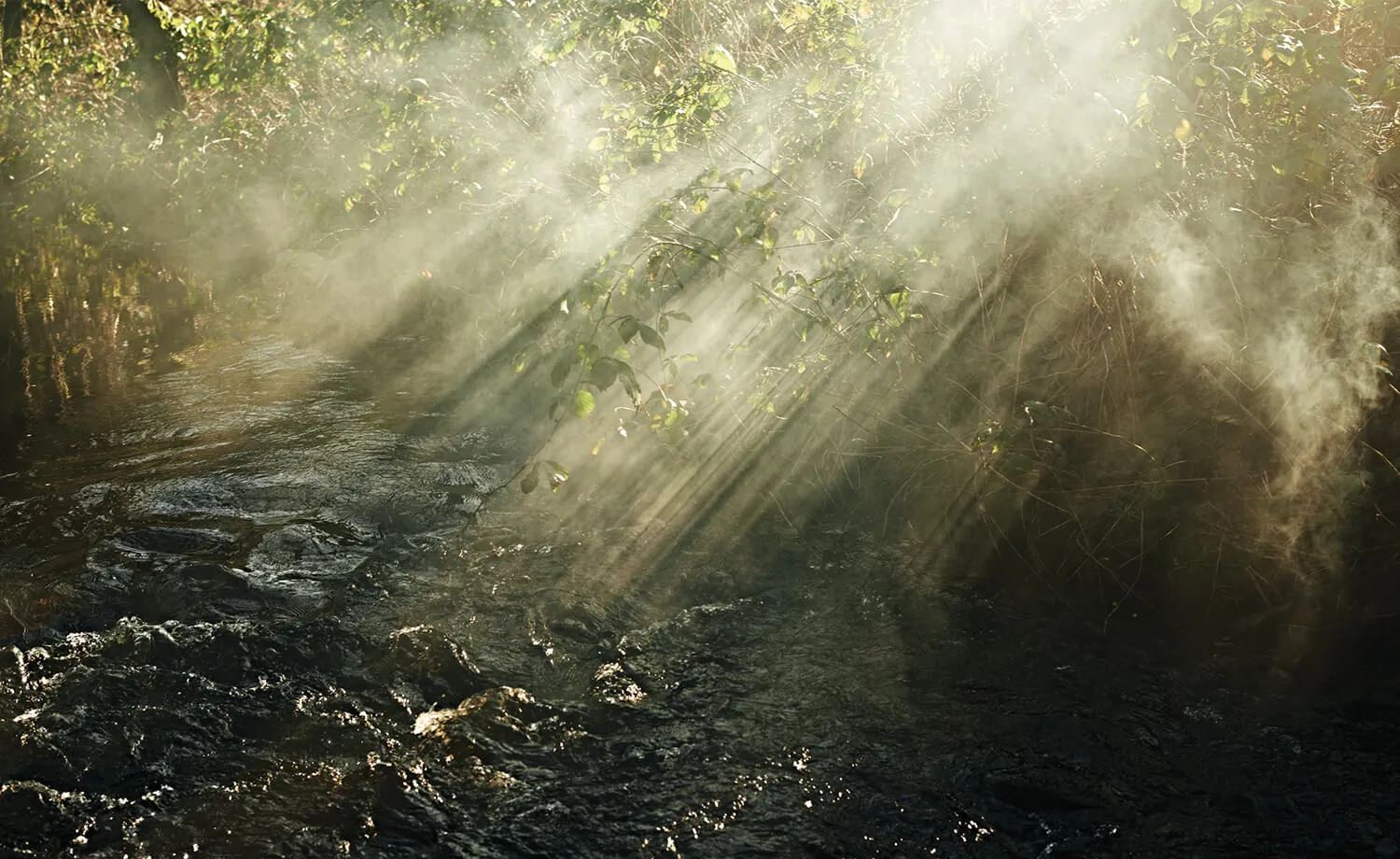It’s the same problem over and over: A big, unexpected difficulty crash-lands on my life, and I find myself belly-up with woe. Sometimes it’s a car that won’t start. Three, four, five times—I’ve lost count—it’s been standing water in the basement. Or leaky pipes. In these moments I consider God’s care for the birds of the air and the lilies of the field, and how they, in the Father’s eyes, are not more important than me. So I decide not to worry about tomorrow because today I’m in a major crisis!

Illustration by Adam Cruft
But seriously, how does a believer learn to see with eyes of faith in moments like these? The thing about learning is that it doesn’t happen quickly. Readily available facts and information often lull us into thinking growth can be fast-tracked.
Even the disciples behaved as if they had their circumstances under control. On the very day when, two by two, they returned from preaching, casting out demons, and healing the sick—a trip they took without bread, money, or bags for storing donations—Jesus told the Twelve, “You give [these 5,000-plus hungry people] something to eat!” (Mark 6:37). They’d been gone for days—weeks perhaps—with only God to ensure their well-being. None went hungry or without clothing, and God demonstrated mighty works among them. Yet when Jesus told them to take one more step in faith, they turned to the money bag and wondered what to do.
The disciples had been gone for days—weeks perhaps—with only God to ensure their well-being. Yet when Jesus told them to take one more step in faith, they turned to the money bag and wondered what to do.
If the disciples persisted in “money bag faith” even as they scuffed their sandals alongside Jesus, what hope do we have of seeing beyond our financial, emotional, operational, and relational deficits?
To develop eyes of faith takes time, preparation, and application. In other words, learning requires a lifestyle in which we train our spiritual eyes on both God’s revelation in Scripture and His ongoing presence within us. Dr. Stanley put it this way in his sermon “Knowing God”:
There is some knowledge that only comes after a period of stillness and quietness. If you want to know God, you’ve got to get still and quiet and think upon God. Be still, He says, and know that I, Jehovah, am God. The way we operate, some of us act like we are God. The way we respond to other people, we act like they’re God. The way we fear, we act like our circumstances are in sovereign control of our life. He says, be still, be quiet, and know I, Jehovah, am God. There’s some knowledge you only gain in stillness.
We have great hope because an abiding life in Christ has nothing to do with our resources—and everything to do with Him.
We have great hope, actually, because an abiding life in Christ has nothing to do with our resources—and everything to do with Him. He is our peace. Not peace narrowly defined as an absence of conflict, but as in shalom. The richer Hebrew meaning of peace that imagines a positive presence of the Lord’s blessing—of His favor, His pleasure, His grace in all of our life.
This abiding shalom doesn’t spell out precisely what God will do in the midst of our next big, unexpected difficulty, but as we take His yoke and learn from Him, He makes an unbreakable promise: “You will find rest for your souls” (Matt. 11:29-30). For those of us in the Lord’s sheepfold, that means lying down in green pastures. And for the disciples worried about feeding the 5,000, it meant Christ blessing the bread and fish and giving these “to the disciples again and again” (Mark 6:41).
God delights to satisfy our pressing needs and calm our encroaching fears. And He uses our circumstances to capture our attention and bring us near. Your next crisis is the perfect opportunity to sit with Jesus and rest in Him.





